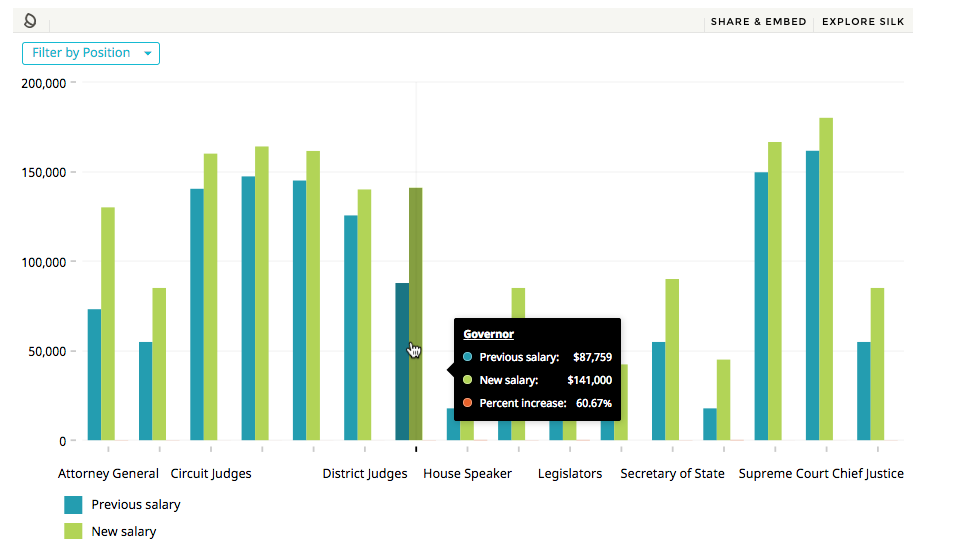By the numbersSales taxes vary by county in Georgia. Shoppers in Walker County now pay a 7 percent sales tax on most goods, including electricity. It's divided as follows:• 4 percent, state government• 1 percent, local option sales tax• 1 percent, special purpose local option sales tax• 1 percent, education special purpose local option sales taxSource: Walker CountyELECTRICITY TAX SPLITUnder the tax reform package SB 386 passed in April, the state will phase out industry's sales tax on energy by 25 percent per year until it's gone by 2016. Sales tax for education is exempt. Manufacturers in Walker County will pay a 5.5 percent tax on electricity in 2013:• 3 percent, state government• 0.75 percent LOST• 0.75 percent SPLOST• 1 percent ESPLOST (remains the same)Source: Walker County
A 2 percent sales tax on a business electricity bill may not sound like much.
But Chickamauga, Ga., City Manager John Culpepper figures it generates $185,000 annually from the two largest industrial plants in his city -- flooring maker Shaw Inc. and Crystal Springs Print Works.
So Culpepper is happy that Walker County Sole Commissioner Bebe Heiskell on Thursday opted to enact an energy excise tax that can be phased in as the state phases out sales tax on large manufacturers' power bills.
"I think she did the right thing, and I'm glad she did the right thing," he said.
Culpepper expects the Chickamauga City Council will sign an intergovernmental agreement Jan. 7 to get its share of Walker County's new half-cent excise tax on energy.
The LaFayette City Council already has opted in, Rossville has been invited and the Lookout Mountain, Ga., City Council was due to vote on the matter Friday night.
Meanwhile, Scott Ossewaarde, president of Roper Corp., which manufactures General Electric stoves and appliances, is unhappy with the new tax.
"We were pleased when the state decided to roll back state sales tax on energy," Ossewaarde said. "We're disappointed that the county felt like they needed to recoup some of that."
He said Roper spends close to $2 million a year to buy power from Georgia EMC.
"Obviously, if we are paying money in taxes, there's other places we have to cut back to maintain our profitability," Ossewaarde said. "That usually means cut back on labor."
He said the tax will hurt Walker County's ability to attract business.
"We're competing with other manufacturers not in the state of Georgia," he said.
Yet Walker County and its cities aren't alone in adopting an excise tax on energy.
Of 75 or so Georgia counties that had decided on the matter by Friday, about 30 chose to enact the tax, said Shaun Adams, associate legislative director for the Association of County Commissions of Georgia.
The main reason counties are going that route is to gauge how much revenue is at stake, he said.
"That's the biggest reason. It's the only way a county can calculate the revenue loss," Adams said.
Heiskell enacted a half-cent sales tax for one year to make up for the county's and cities' half-cent loss in local option sales tax and special purpose local option sales taxes.
She can rescind the tax if it turns out not to have a big budgetary impact, said County Attorney Don Oliver. Adopting the tax was a now-or-never proposition; counties and cities that don't adopt it can't change their minds and enact it later, Oliver said.
If Heiskell sticks with it and enacts the full 2 percent excise tax by 2016, large manufacturers' sales tax on electricity will fall from 7 percent to 3 percent, all of which would go to local schools, cities and counties.
Culpepper said the state should have just cut its 4 percent and left local sales taxes out of the equation.
"They're making us look like we're the bad guy," he said.
The city manager said large businesses don't mind helping provide tax-funded services.
"I think these folks want to be good corporate citizens and help us buy ball fields for young ones and equipment for our police departments," Culpepper said.

